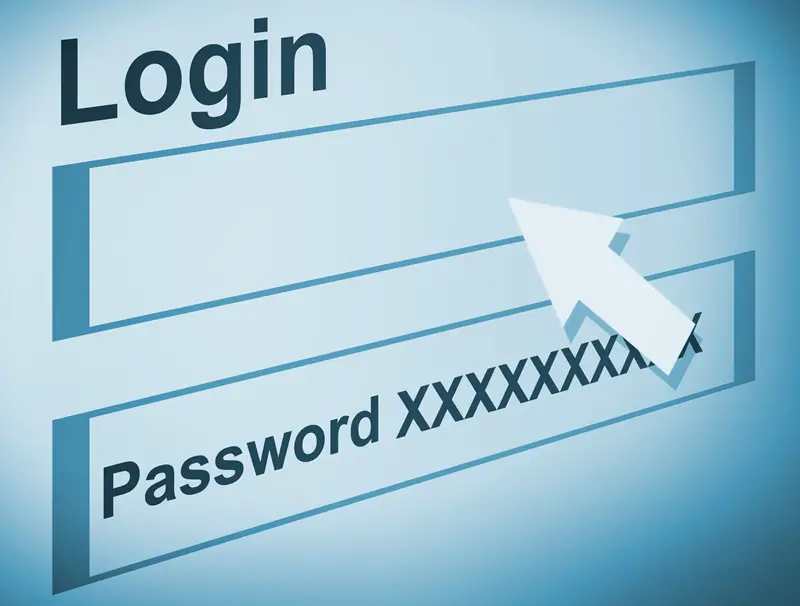
Security is about more than protecting your assets to remain in compliance with ever-changing regulations. It’s about protecting your employees by offering them job security, keeping your customers safe and maintaining trust, and protecting everything you’ve worked for from hackers and scammers.
Security comes with a hefty price tag, which can be challenging for businesses with limited resources. So how can a business prioritize security to stay protected within the confines of their budget? Here are some of the main security priorities for enterprises.
Access Rights Management
Even the smallest organizations should prioritize access rights management protocols (check this webpage for more information). By having strong access rights management software in place, you can limit who can access your network and what permissions they have once they get in. For example, if you accept various currencies and have to record journal entries into your accounting system, you might set it so all of your accounting staff can access your network, but only a few can process those transactions.
The main reason for prioritizing access rights management is to protect your employees and make it extremely challenging to engage in any fraudulent activity. These checks and balances will improve your compliance and please any auditors that the government or shareholders bring into your business. If you are found to be noncompliant, you could lose funding, end up in the middle of a costly lawsuit and receive a hefty fine. Thus, having access rights management in place keeps your employees employed and your business running for years to come.
Employee Education
There are various things you can do within your enterprise to account for human error, but the less you have to the better. Any employee can mistakenly open a bad link that fills an IT professional’s afternoon. However, proper employee education can mitigate those occurrences, as well as a damaging large-scale breach.
Your employees are often the gateway into your enterprise for those with nefarious purposes. Too many businesses make the mistake of giving their employees a policy to sign with their onboarding paperwork. Instead, they should separate this from the rest of the onboarding process and give them information as to why the things that seem harmless are detrimental for the business, such as downloading an app on their company computer.
Take time to educate your employees when they join you and set aside time annually to remind them of their professional obligation to protecting your business.
 Login Changes
Login Changes
How your employees log in to your network is another security consideration that overlaps with access rights and employee education. It’s important to consider what security measures you have in place regarding password requirements. While the password requirements often listed by a company seem over-the-top, having a weak password could be the opening needed for a cyber attack, as hackers can try different combinations until something sticks.
Implement a policy that passwords must be changed on a monthly or bi-monthly basis, without using repeats. Alternatively, have auto-generated passwords that include random combinations of characters rather than words.
Secure WiFi
If you’ve ever gone to a coffee shop and saw two separate wifi accounts for one location, there’s a good reason why. If you’re allowing someone to access your public network, then you need to have a private network to protect your information. If your credit card data and customer information were transmitted over the same network that anyone can use to surf the web, you open your business to the potential for cyber attacks. Not only that, but you make it easy.
Securing your wifi ensures that you remain in compliance and protect both your customers’ information and your integrity. Even your employees shouldn’t be able to browse the web on the private network– it should only be used for running your POS system and business operations.
Be Willing to Invest
Monitoring and securing your data is costly. That’s why it gets moved down the list of priorities for many businesses. However, hackers are looking toward those enterprises that opt not to invest in reliable security features for their infrastructure. The landscape is ever-changing, and hackers evolve to become smarter and more sophisticated. So, if you’re an easy target, watch out.
It’s time to prioritize investing in security for your data. As your business grows, you’ll have a bigger target on your back. As technology starts to move away from in-house infrastructure to the cloud, the security implications are becoming more complex. Don’t leave yourself open to attacks; invest in reliable security.
Monitoring
Monitoring tools can be costly but have a high return on investment if you consider the cost of a cyber attack. Use a combination of tools and human spot checks. Review logs to identify if anything looks out of the ordinary, such as random login attempts at strange times of night.
By investing in security for your enterprise, you build a strong relationship with compliance and regulatory bodies, maintain trust with your customers, and keep your business viable for years to come.

A great security system is expensive but security breaches can cost a company more than they could spend on a security system. Love your point on educating employees. Its critical that all employees are on board when it comes to securing company data and reduce the chance of a leak.